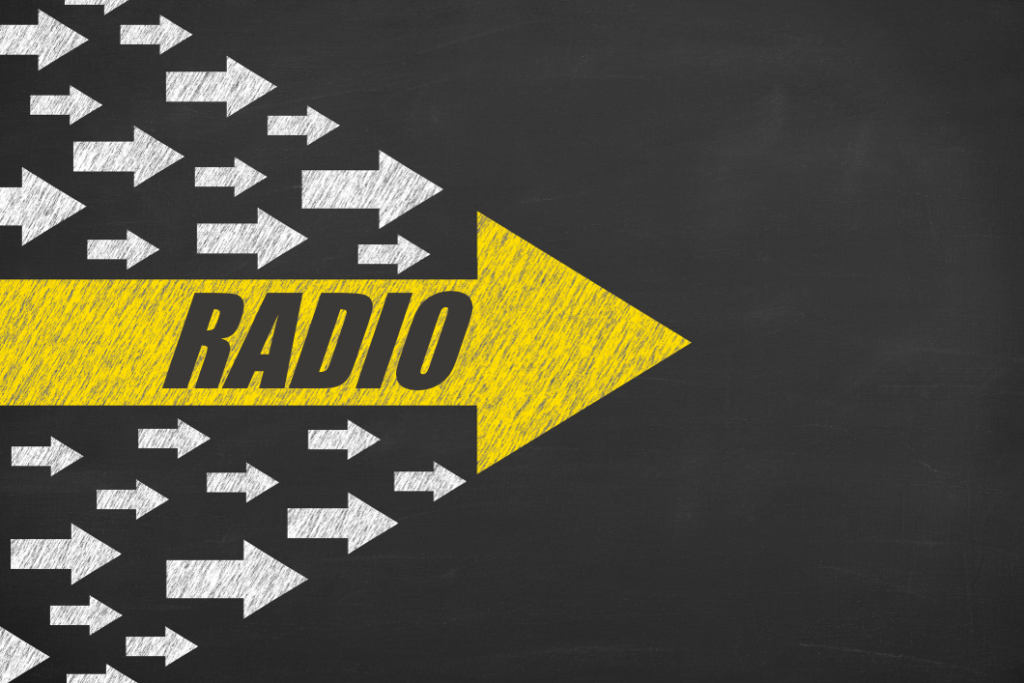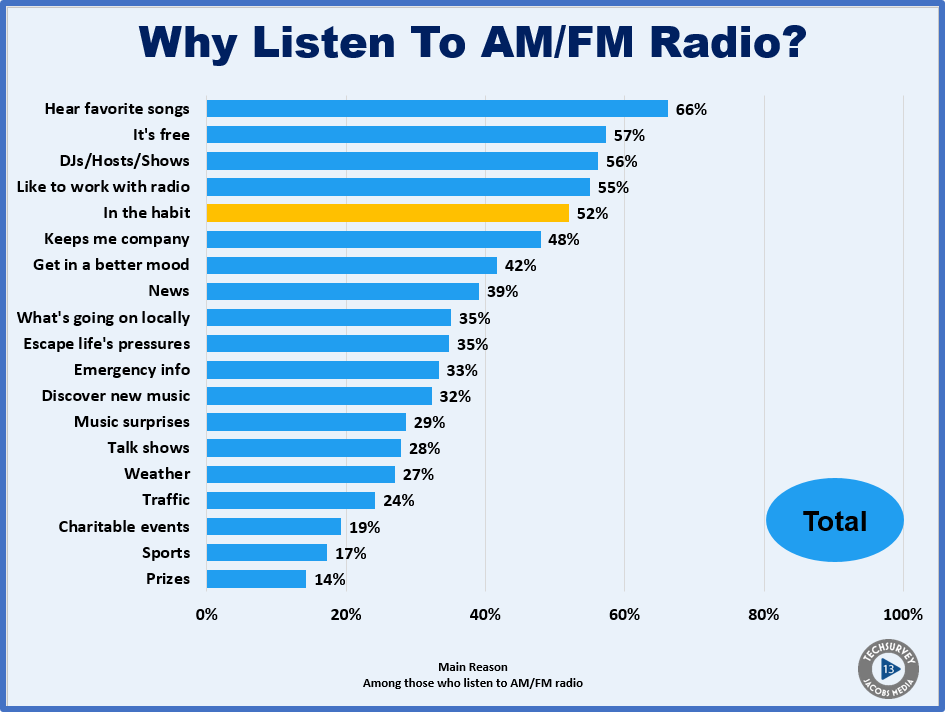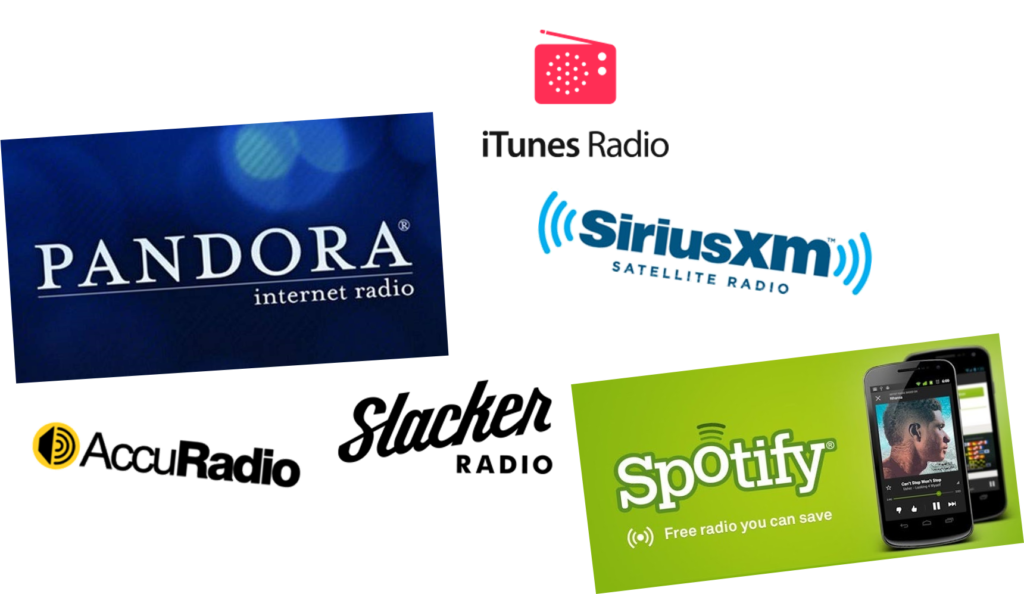 The other evening, I was listening to “Marketplace,” the popular public radio show devoted to the world of business. The always smooth host, Kai Ryssdal, interviewed Kathleen Grace, the CEO of New Form Digital – a streaming digital player trying to make inroads against big incumbents like Netflix.
The other evening, I was listening to “Marketplace,” the popular public radio show devoted to the world of business. The always smooth host, Kai Ryssdal, interviewed Kathleen Grace, the CEO of New Form Digital – a streaming digital player trying to make inroads against big incumbents like Netflix.
Grace formerly ran YouTube in Los Angeles, but now she’s the head of a digital media player working hard to break into the space. There’s no shortage of new video concepts – game shows, reality TV, scripted television – so the tough part is finding an audience and getting them to pay for content – over and above what they’re already shelling out every month.
“People cannot underestimate how hard it is to launch a video platform, and people cannot underestimate one advantage both Netflix and YouTube have with their decade head start.”
Grace went on to point out that a Netflix edge is having millions of consumers credit cards, while YouTube benefits from being the preeminent video streaming brand, having creating the vertical that others now dearly want to invade.
And it brought to mind radio’s very real advantage over the many, many competitors it has now spawned in recent years.
Radio’s has nearly a century head start.
For decades and decades, broadcast radio has been a prime media player – before television, after television, before the Internet, and even in today’s crowded digital audio landscape.
Even among younger people, everyone knows what a radio is. They’ve been in the homes Americans grew up in, embedded in the dashboards of every car, and in workplaces all over the country. They’re on nightstands, on work benches, attached to showers, on shelves in garages, and embedded in home entertainment systems.
Everyone has listened to the radio at one time or another. In fact, most people do so every week.
We know from our Techsurveys that habit – and that’s part of what Kathleen Grace is talking about – is a primary reason why consumers gravitate to radio. That’s a benefit that Netflix has – once people learn the ropes (signing up, browsing the offerings, streaming movies and shows), they keep going back because it’s simple, convenient, and they get it. Radio benefits from that same familiar construct.
In TS13, in fact, we learned that more than half the respondents say a key reason why they listen to radio is habit.
 But here’s the kicker: Millennials in our massive web study are just as likely to say that habit is a main factor that drives their listening as do Boomers – the generation that grew up with FM radio.
But here’s the kicker: Millennials in our massive web study are just as likely to say that habit is a main factor that drives their listening as do Boomers – the generation that grew up with FM radio.
Broadcasters are quick to cite radio’s reach as a central part of the medium’s narrative. But the fact it’s being powered by habit is an even more important point. Radio is part of the fabric of millions of Americans’ routines. It’s a key activity that starts their mornings, keeps them company in the car, and accompanies their workplace routine.
And as we’ve noted before, most of the players going after radio’s dominance – Pandora, SiriusXM, Apple, and others – all use the R-word in their positioning. That’s what a century head start will get you:
Pandora Radio.
SiriusXM Radio.
Beats 1 Radio.
AccuRadio.
Slacker Radio.
Spotify Radio.
Is there a pattern here?

In the same way that Kathleen Grace’s New Form Digital is chasing Netflix and YouTube – and their 10-year leads – the many streaming and satellite delivered “radio” brands are all in pursuit of radio’s technological simplicity, its immense reach, its revenue, and its role in our entertainment and culture.
And did I mention that radio has a century lead?
If you’re wondering where my “century” math comes from, WWJ radio in Detroit, first started broadcasting in 1920 – 97 years ago this summer.
- Appreciating What We Have (When Our Lives Aren’t In Jeopardy) - January 30, 2025
- AI: Oh, The Humanity! - January 29, 2025
- Apparently, You DO Need A Local Weatherman (Or Woman) To Know Which Way The Wind Blows - January 28, 2025




Another great read, Fred. If radio could just make a tiny bit of self promotion time available to remind the listeners that radio is still the most popular form of mass communication on the Planet. The world wide web is just a change of address and another way radio stays relevant.
Thanks for that, Dan. Good points all.
Great post, Fred. Every one of us in our individual markets should take the initiative – in some form or fashion – to spread news like this to business leaders and educators. Radio is a terrific business, whether you’re in management, sales, programming, or marketing. It’s easy to forget about the relevance of a service that has been around for nearly a century. And remains absolutely free of charge to all users.
Dennis, thanks for the comments and the kind words. Yes, 100 years (or thereabouts) is a long time. There’s a lot to build on.